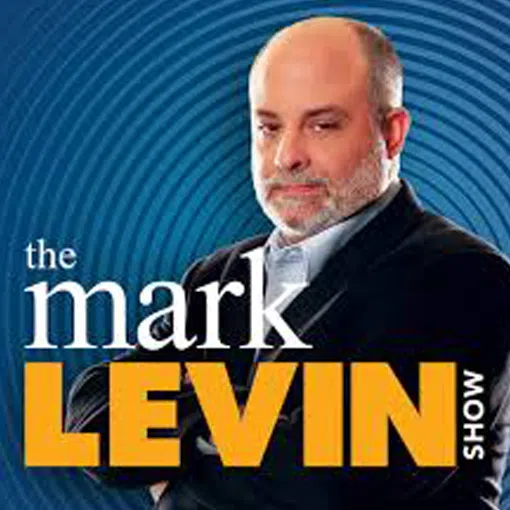All 50 states have applied for a share of the $50 billion federal fund aimed at revitalizing rural healthcare, Centers for Medicare and Medicaid Services Administrator Mehmet Oz said Thursday.
The deadline for submissions was Wednesday.
The Hill reported that states were required to detail how they would use the first round of funding from the five-year program, which was established to help rural providers offset reductions to Medicaid and other health programs under the tax cut law.
“Each proposal must outline how states intend to expand access, enhance quality, and improve outcomes for patients through sustainable, state-driven innovation,” CMS said.
Funding decisions are expected by Dec. 31.
The program was created under the One Big Beautiful Bill law enacted this summer, designed as a safeguard against roughly $1 trillion in Medicaid cuts included in the same legislation.
“This program moves us from a system that has too often failed rural America to one built on dignity, prevention, and sustainability,” Oz said.
“Every state with an approved application will receive funding so it can design what works best for its communities, and CMS will be there providing support every step of the way,” he said in a statement.
When applications opened in September, CMS said it would prioritize proposals that demonstrate strong potential to improve rural health outcomes on a large scale.
Half of the $50 billion will be distributed equally among all approved states, giving each an identical amount regardless of rural population size.
The remaining $25 billion will be allocated at Oz’s discretion, guided by criteria that include whether states have adopted Health Secretary Robert F. Kennedy Jr.’s Make America Healthy Again policies.
CMS has listed several approved uses for the funds, such as chronic disease prevention, workforce expansion with five-year service commitments to rural communities and direct payments to health providers.
The law grants Oz broad latitude in approving how states use the funds, and it does not require that money be directed solely to rural hospitals.
Application denials cannot be appealed, nor can administrative decisions to withhold funds over compliance issues.
The budget bill’s Medicaid reductions, driven by new work requirements and limits on provider taxes and state-directed payments, pose a challenge for rural hospitals, which depend heavily on Medicaid but account for just 7% of its total spending.
© 2025 Newsmax. All rights reserved.










